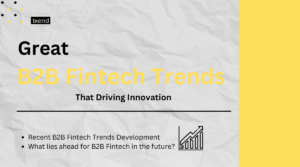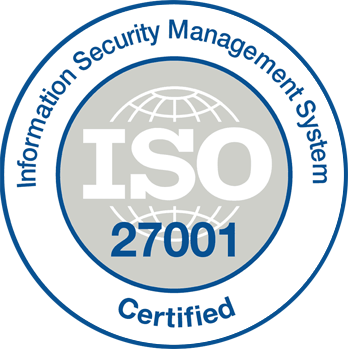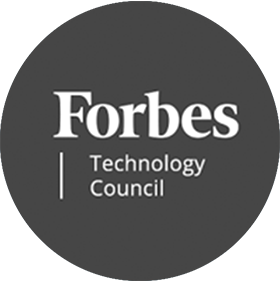Software development is a creative process that includes designing, creating, and testing software applications. Creativity is using imagination and original ideas to create something new. Software development involves creative processes because it requires problem-solving to identify and overcome complex challenges, innovation to develop new technologies and ideas, and design to create compelling user interfaces and user experiences. We will explore these creative processes in software development and highlight why it’s essential to recognize this aspect of the field.
Problem-Solving
Software development involves complex problem-solving because developers must identify and overcome technical challenges to create functional software. This process involves breaking down complex problems into smaller, more manageable components and developing creative solutions to address each. Examples of complex issues include:
- We need to design algorithms to optimize performance.
- We need to create secure systems to protect against cyber-attacks.
- We need to integrate disparate systems to work together seamlessly.
Creativity is involved in problem-solving because developers must think outside the box to identify unique and practical solutions to these challenges.
Innovation
Software development is a driving force for innovation because it constantly pushes the boundaries of what is possible in technology. In software development, users and businesses assign developers to create new applications and technologies that fulfill their changing needs. As a result, many new technologies and ideas have emerged from software development, such as cloud computing, artificial intelligence, and virtual reality. Creativity is involved in innovation because developers must think outside the box to develop new and unique ideas that can impact the market.

Design
Design is critical in software development as it determines how users interact with the software. In software development, designers create wireframes, prototypes, and visual techniques to ensure user interfaces and experiences are easy to use, aesthetically pleasing, and meet users’ needs. They do this by designing interfaces that are intuitive and functional. That involves creating wireframes, prototypes, and visual designs that are intuitive and functional. Examples of well-designed software include mobile apps with simple and intuitive interfaces, websites with engaging graphic designs, and software applications with personalized user experiences. The method involves creativity because developers must create unique and aesthetically pleasing designs that meet the user’s needs while being functional and efficient.
Pros and Cons
Pros
- Innovation: The creative processes involved in software development drive innovation and the creation of new technologies that improve people’s lives.
- Problem-solving: Identifying and solving complex technical problems is crucial to software development and requires creativity to develop unique and practical solutions.
- User experience: Good software design is essential for creating software that is easy to use and meets the users’ needs. The creative design process involved in software development can result in well-designed software that provides an excellent user experience.
Cons
- Time-consuming: The creative process of software development can be time-consuming and may require a lot of trial and error, resulting in delays in software delivery.
- Complexity: Software development involves dealing with complex technical systems that require a deep understanding of programming languages, algorithms, and other technical skills. That can be challenging and requires a lot of knowledge and experience.
Conclusion
In conclusion, software development is a creative process that involves problem-solving, innovation, and design. The ability to think outside the box, identify complex problems, and develop practical solutions are essential aspects of software development that require creativity. The field of software development has driven significant technological innovation, resulting in new software applications and technologies that improve people’s lives. While there are some cons to the creative process of software development, such as time-consuming trial and error and subjective design decisions, the benefits of the creative process of software development far outweigh the drawbacks.
Frequently Asked Questions
No, software development involves much more than just writing code. It involves problem-solving, innovation, and design, which all require creativity.
Yes, creativity is a skill that can be learned and developed over time. With practice and experience, developers can become more creative in problem-solving, innovation, and design.
Yes, the creative process of software development can be time-consuming and may require a lot of trial and error. Additionally, the subjective nature of design decisions can sometimes result in better software users receive.
Recognizing software development as a creative process helps to highlight the value of the skills and expertise required in the field. It can also encourage more diverse thinking and approaches to problem-solving, which can lead to more innovative and effective solutions.










